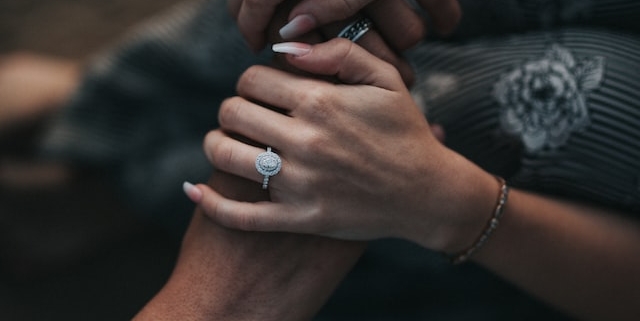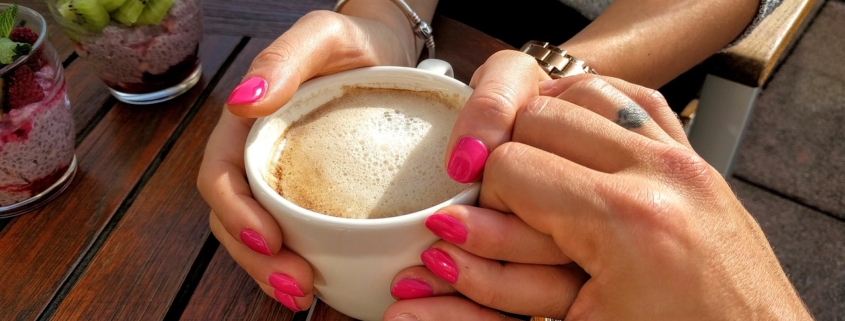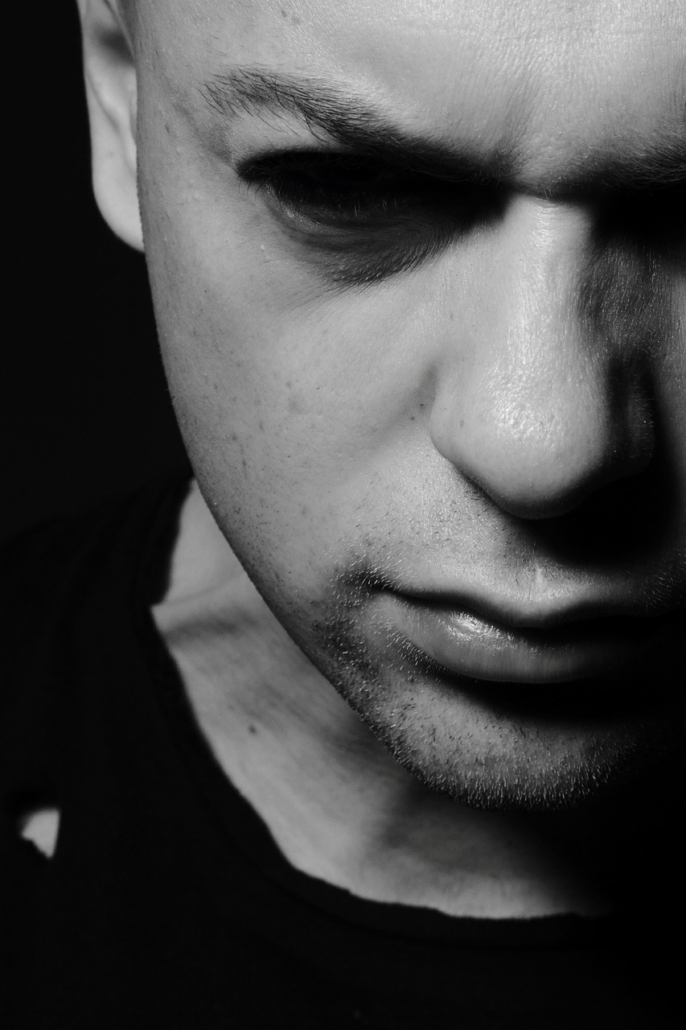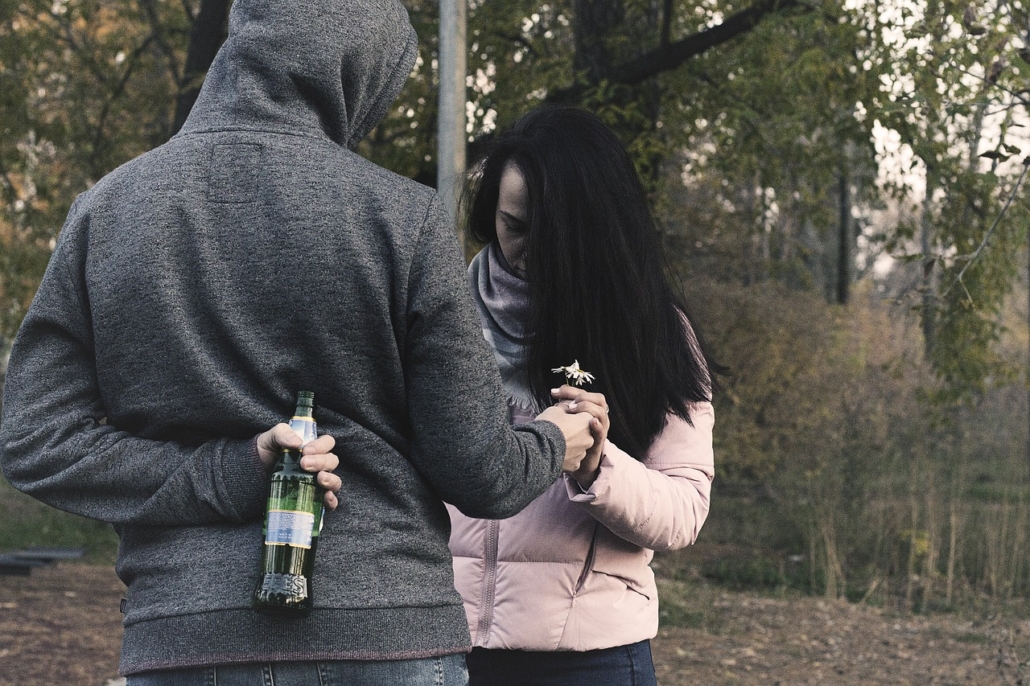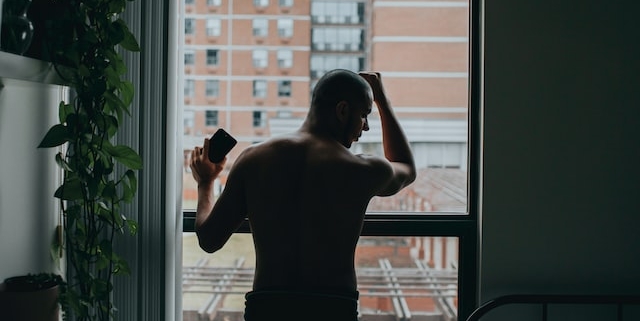Marriage and Addiction What Are The Affects?
How does addiction affect a Marriage? A marriage that is struggling because of an addiction can be a scary thing to deal with. However, there are treatments that you can take to help alleviate this issue. These treatments can include seeing a counselor, taking medication, or even just coping with the issues that are affecting your relationship. If both people are struggling with drugs or alcohol, then a couples rehab may be the treatment needed.
Alcoholism Affect On A Marriage
Alcoholism and addiction can have serious consequences on your marriage. You may feel as though your relationship is falling apart, but with the right help, you can get back to a loving relationship.
If you have a spouse who is an alcoholic or a drug addict, you need to be aware of the emotional and physical abuse that can occur in your relationship. It’s important to get professional assistance to help you heal your spouse’s inner wounds.
Alcoholism and addiction are often a precursor to domestic violence. Children of alcoholics are at risk of abuse, financial ruin, and other complications.
Alcoholism and addiction can also lead to sexual assault. When someone is dependent on alcohol, they often neglect their family responsibilities. They also tend to have poor judgment.
Marriages in which both spouses are addicted to alcohol tend to have higher rates of domestic violence. For men, this is especially true. The National Institute on Alcohol Abuse and Alcoholism funded a study in 2013 which found that marriages are likely to end in divorce when both partners are drinking heavily.
There are also issues with fertility. Women who drink excessively are at risk of miscarriages. Their sperm quality is also affected. In addition, drinking through pregnancy can increase the risk of congenital disabilities.
Some of the things to watch out for in an alcoholic marriage include lack of communication, neglect of family responsibilities, and physical and emotional abuse. Getting your alcoholic loved one into a treatment program is the best way to heal your relationship.
A good rehab center provides temporary living accommodations, access to medical professionals, and counseling for you and your family. Finding a program that is specialized in helping alcoholics is a great way to start.
Drug Addiction Affect On A Marriage
Substance misuse has the potential to destroy a marriage. It can lead to financial stress, legal issues, and emotional turmoil.
Despite the negative impacts of substance abuse on a marriage, there are some signs of hope. Depending on the severity of the addiction, it may be a good idea to separate.
If you are concerned that your spouse is addicted, you may want to consider taking the first step by seeking professional help. A therapist will be able to explain the ins and outs of your situation and give you some ideas on how to move forward.
The biggest worry for many couples is the fear of relapse. This is not a new concern, but it is one that no one can completely eliminate.
Addiction has been proven to be a thorn in the side of any relationship. It can ruin the strongest bonds in a marriage. Not only does the addiction affect the spouse, but it also negatively affects the children.
Taking care of an addict is no walk in the park. Although you may still love your partner, they are no longer the person you used to know. There are a variety of steps you can take to help your partner get on the right track.
For starters, let them know that you are worried and that you are willing to do everything in your power to help them get better. Getting a loved one into treatment is a huge step towards recovery.
Another good idea is to find a support group. In addition to a support group, you might consider asking a therapist for a few recommendations. Your therapist can recommend the best resources for you, and can give you ideas on how to approach your partner.
Codependency Affect On A Marriage
If you’re in a codependent relationship, it may be time to get some professional help. Codependency and addiction affect marriage and relationships in many ways.
The most common cause of codependence is an unhealthy relationship. In a codependent relationship, one person will do whatever it takes to meet the other’s extreme needs.
In a healthy relationship, both partners work toward the mutual benefit of each other. Addicts and their loved ones can learn to establish healthier boundaries in order to avoid interdependence.
In a codependent relationship, the partner may not be aware of the need to establish healthy boundaries. They may be intimidated by the topic of addiction or feel afraid of retaliation.
There are several signs and symptoms to look out for. These include a feeling of hopelessness, depression, anxiety, and low self-esteem.
Learning about the best ways to establish boundaries in a codependent relationship is the first step to regaining your sense of independence. Communicating specific changes in your behavior is crucial.
As you learn about your own needs, you can also start to take care of yourself. If you’re not taking care of yourself, you’re not going to be able to give your partner the best possible care.
Another symptom of codependency is a lack of self-esteem. A lack of self-esteem can lead to feelings of hopelessness, guilt, and shame.
Codependents may be able to manage their emotions better when they have a healthy social network. However, they’ll be hard-pressed to get out and meet other people.
Getting help is the key to getting out of a codependent relationship. With the right kind of help, you’ll be able to identify the signs of codependency and learn how to better handle yourself.
Coping
Coping with addiction in a marriage can be difficult. Regardless of the severity of your relationship, it is important to recognize the signs of addiction and make sure that you seek treatment.
Addiction is a chronic illness that affects the brain. Often, it also co-occurs with other mental illnesses. It is not a single person’s fault, but it can be very harmful to those who love an addict.
If you have a spouse who is addicted, you must find a way to set boundaries. A spouse who is in denial may have difficulty accepting that there are limits to what they can do. They may even blame others for the problem.
The blame game is a common theme among spouses who are addicted. Taking it personally is counterproductive and makes the problem worse. Instead of calling the addict out, focus on getting help for yourself.
While you can’t change the way your partner thinks, you can change your own behavior to accommodate the changes. Set limits and take time for self-care. You can also consult a therapist for assistance. This can help you sort through your thoughts and understand how to move forward.
You can find support groups for families affected by addiction. These groups can help you learn how to deal with your spouse’s substance abuse. Often, a therapist will ask you to set boundaries for your loved one.
Whether you are dealing with your spouse’s addiction or you are suffering from it yourself, you can benefit from therapy. Counseling can help you rebuild your relationships and restore trust.
If you don’t have access to a therapist, you can find a support group. Support groups can help you cope with an addict and provide valuable information.
Seeking Treatment
When a spouse becomes addicted, the relationship may suffer. The abuse and stress of substance use can take a toll on the physical and mental wellbeing of those in the relationship. It is important to have a support system in place to help them through this difficult time. Many couples who struggle from addiction look for a treatment center close to home, to do this, search “couples rehab near me” an you and your partner will find local treatment centers. Or you can contact Couples Rehab, we have a couples addiction helpline that can find a center that can assist you.
There are many different kinds of treatment programs available for people who need help overcoming their addiction. Some of these programs address the needs of specific populations. For instance, if the addict has children, there are treatment programs that focus on their care.
The early stages of treatment can be difficult for the relationship. To help you navigate this difficult time, join a support group or talk to a therapist. This will help you learn about the different aspects of addiction and how it can affect the relationship.
The most important part of helping your loved one through recovery is to make sure that you stay healthy yourself. Trying to keep up with the physical and mental needs of your partner is important to the success of the entire recovery process. You should consider attending open meetings, such as 12-step meetings, to gain a better understanding of the process.
You should also prioritize your own safety. If your partner is engaging in abusive behavior, it is vital that you seek professional help. A supportive spouse cannot force the addict to change, but they can be a tremendous help throughout the recovery process.
If you are concerned about the effects of addiction on your relationship, you should research the various addiction treatments available in your area. Talk to your family, friends, and loved ones. They can provide valuable information that will help you decide on the best way to move forward. Hopefully you now better understand how addiction can affect a marriage, and what your options are.


